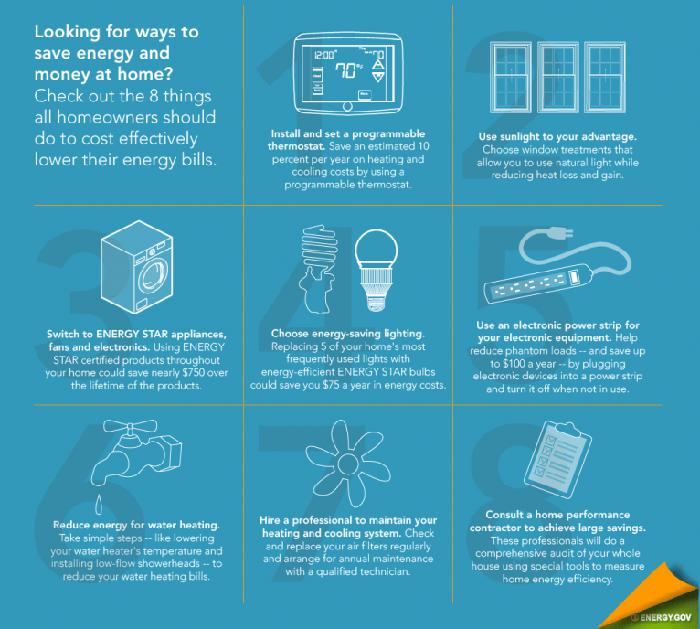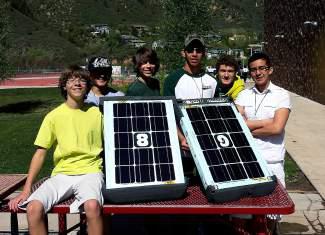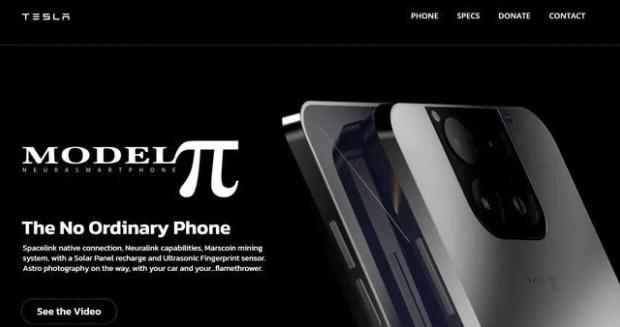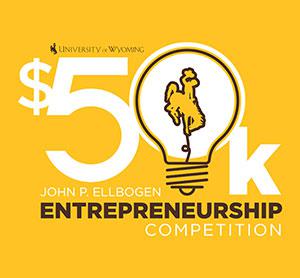Valley News Correspondent
Kim Quirk, branch manager at ReVision Energy in Enfield, studies sustainability and energy efficiency. In 2009, she started Energy Emporium, a business that helped people move towards energy efficient, fossil fuel free homes. Quirk merged her business with ReVision Energy in 2019 and continues to provide the Upper Valley community with services such as solar panel installation, renewable energy products and advice about how to live more sustainably. She spoke with the Valley News about her work as well as the steadily emerging roles of sustainability and renewable energy in the trades.
Question: What do you do for work and how did you get interested in sustainability?
Answer: I work with ReVision Energy and I do solar designs. I’ve been working in the solar industry for 12 years now; I started my own company, Energy Emporium, to do solar designs and installations in 2009 and then recently merged with ReVision Energy. I first became interested in sustainability quite a long time ago. I’m an engineer by training; I have a master’s degree in electrical engineering from Thayer School of Engineering at Dartmouth; and I have always been interested in products that are being manufactured, how they are built, and more importantly, how they are recycled or what happens when we’re done with them. It became clear to me probably in the late 1990s that we don’t do a good job of recycling.
From engineering training, I was always concerned about systems and the cycle of products. I started becoming more aware of how we’re using things up as opposed to recycling and returning things to the Earth. That’s when I started investigating things: I bought a Prius — one of the early hybrid vehicles — to use less fossil fuel. It was in 2003 that I bought that Prius, and it wasn’t until 2009 that I felt I could leave the job I had at the time and start a business to address how to live more sustainably.
Q: Why do you think sustainability and energy efficiency are important?
A: There was an oil shortage back when I was a teenager, but more recently, we started seeing war over oil and other sorts of destruction from mining, which is horrible for our health, and other accidents associated with fossil fuels. We must find other ways to live on this Earth more sustainably and not devastatingly.
Q: How did you recognize that people weren’t being sustainable?
A: When I was a kid, I remember talking about recycling, but it didn’t really take off and most people ignored it. It wasn’t until I started looking into it again in the early 2000s that I realized that a lot of the recycling that we try to do, even with all the right intentions — it turns out most of that doesn’t end up getting recycled because people don’t know how to recycle properly.
Q: What can people do in their daily lives to make changes that are more sustainable?
A: On the energy side of things, you can start by replacing incandescent light bulbs with CFLs or LEDs. You’ll pay back the amount that you spend on new LED light bulbs within a year or two of using them in terms of the electricity bill in your home.
The other things I look for are local foods: Foods that don’t have to be transported thousands of miles to get to us. Local foods save an awful lot in transportation and fuels. There are a lot of little things we can do to be sustainable, like bringing our own reusable bags to the supermarket, which helps to reduce plastics that are being made.
Local energy falls in the same category. Items that last a really long time as opposed to something that’s only going to last five or six years — LED light bulbs can last a decade whereas the old incandescent lightbulbs were three or four years. Especially with things that we go through a lot of like food and clothing, finding good quality, locally sourced, long-lasting products will help reduce our total amount of energy and total amount of waste that we produce.

Q: The theme for this edition of Enterprise is heating, plumbing and electric trades. Do you think sustainability plays a role in the trades? How?
A: I think the trades are exactly where we’re seeing big changes in sustainability. They are the workforce that helps to supply the energy efficient and renewable energy products.
For instance, heating and hot water are two of the biggest energy-users in our homes. Today, we have options. So traditionally people might have been heating their house with oil, propane or wood. What’s available now is moving away from fossil fuels like oil and towards air-to-air heat pumps, which move heat from outside the house to inside the house in the winter and vice versa in the summer for cooling.
The trades are coming along more quickly than the oil and gas industries, who don’t really seem like they want to make big changes, but the trades are where we’re seeing some of the biggest advances in sustainability.
Q: Does expense deter people from switching to more energy efficient options?
A: We almost always think of the products that we buy in terms of how much they cost us, (the upfront cost), and what we don’t always take into consideration is the operating cost, (how much it costs to run it every day). What we need is a new mindset around energy and sustainability products that takes into account the production costs, the upfront costs, the operating costs over the lifetime of the product and the recycling costs. If we knew this, we would choose more energy efficient and sustainable options because in the long run, they are going to cost us less.
Electric vehicles are a good example to consider: Let’s say there are two models of the same car one is $20,000 and the all-electric version is $25,000. You’ll pay for the all-electric version in no time because the electricity to run your vehicle would be the equivalent of $1.00 – $1.50 a gallon.
More importantly, it is much less expensive to maintain an electric vehicle. There are something like a hundred times fewer parts in an electric vehicle than in a combustion engine vehicle, and that alone means less maintenance because there are fewer things to replace. On top of that, the electric vehicle has a motor — it does not have fuel injectors and carburetors and engine blocks that overheat; it doesn’t need coolant; it doesn’t need oil … the regular maintenance that we have with a vehicle that we expect to put a few hundred dollars into every year, we don’t have that with an electric vehicle.
Q: What does it mean to have an energy-efficient home?
A: First of all, energy efficiency starts with insulation and air infiltration. Older homes are likely to have air leaks around the windows, around the outlets, around the windowsills, etc. It’s both insulation which helps keep the difference in temperature between the inside and the outside, but then there’s air infiltration which allows actual air leaks to form.
With new construction, there’s no reason not to put a little bit of extra money into good insulation and good air sealing — it will pay for itself in one year. The problem is our older homes: it can be difficult to do a good job of insulating or finding the air leaks. Energy audits and what they call the “Blower Door Test” can identify the biggest leaks. It depends on the type and size of the house, but you can likely make a huge difference in heating efficiency and costs by investing in good insulation.
The next thing is the “electrify-everything” perspective. What that means is anything that you can convert from a fossil fuel to an electric device, like your heating system, hot water system, your gasoline car … is going to be more sustainable. It’s more sustainable because we’re using less of the fuel in the ground that we are running out of (anything that you can run out of is not sustainable). Anything that we can convert to electric we can power sustainably, but you have to recognize that most of our utility companies are still using a lot of fossil fuels to create the electricity, so in converting to electric, it’s best if you can also provide solar powered energy for those electric devices. If you can’t put solar on your own roof, you can buy into solar farms or community power plans.
Q: What are some ways that the trades can acknowledge sustainability if they are not already doing so?
A: Some trades companies are now advertising that they’re doing air source heat pumps and renewable heating and hot water. In the electric trades, we see a lot more electricians that do solar power installations. It helps to attract new people into the trades when they see that people are getting more visibility into the importance of the trades in a sustainable economy.
One of the best things about the trades is that they have to come to your home in order to do their work, which generally means that they live in your area, which means that the money you pay the trades is continuing to help the local economy.
Being part of a Trade Organization means that you’re working locally, so the economy is also mostly local. I think one of the most important things we’re learning about sustainability is that local is good: local keeps money in the economy, keeps people working, keeps people fed and housed. Local trades are a sustainable economy.




